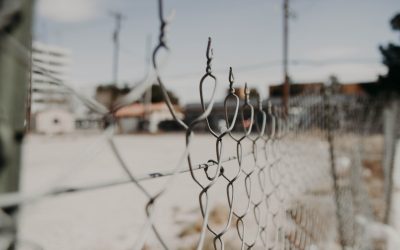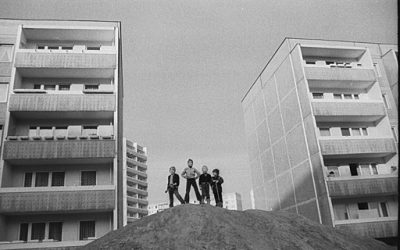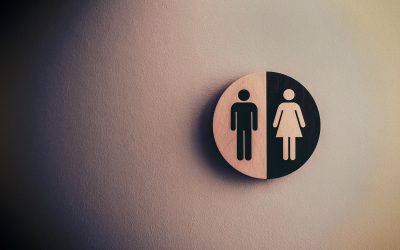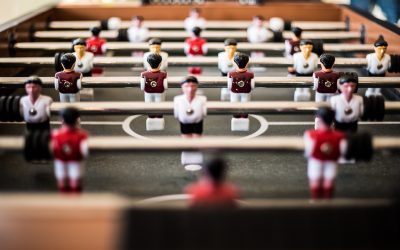Power and Power Abuse in Academia
We look forward to hearing about your personal experiences as well as your reflections on the experiences of academics in general, institutional practices and system-level trends.
Gender Disparity in Science
Bao & Huang on gender biases in Chinese scientific committees, calling for policy reforms in academia.
Now it is time to build up the pressure! How to improve working conditions in academia
Kristin Eichhorn, co-initiator of #IchbinHanna, on fair working conditions in research and the failed reform proposal in Germany.
A call for an alliance between female academic leaders and early career researchers to improve the academic STEM system
This opinion piece draws attention to the disadvantage of the academic STEM system, especially for female academics.
Snails on the chase: How to cope with anxiety in an academic career
Zhao et al. on an individual’s role in the scientific system and some coping mechanisms to alleviate the stress of the precarious working conditions of early career academics.
Breaking the status quo – The role of a small funding organization in gender mainstreaming
Donia Lasinger on the contribution of the Vienna Science and Technology Funds (WWTF) as a compareably small funding organization to equality of all genders
When your journal reads you
Renke Siems on user tracking on science publisher platforms, its implications for their individual users and ways to face this issue
On creating a good research environment
Sabine Müller on the hierarchical system of German academia and why it could be a problem for the wellbeing of young academics and Ph.D. candidates. She compares it to her experiences at Oxford University and sheds light on the differences between the two research cultures.
Reducing the power imbalances in academic letters of reference
Lucy G. Gillis on inequalities in science reproduced by letters of reference and how to encounter them
Sexual harassment in Academia
Kelsey Medeiros on sexual harassment, what role it plays in relation to power structures in academia, and possible ways to address it
Manifestations of power abuse in academia and how to prevent them
A group of researchers from the German N² network presents the results of a survey among PhD students on the abuse of power in science and outlines ways to counter it
Power and Publications in Chinese Academia
Ruixue Jia on the influence of administrative power in Chinese academia on researchers’ publication activity, their selection of co-authors, and the topics they are writing about.
Power and Academia, an endless story
Linda Jauch on powerful dependancies of academics to funding bodies, their supervisors and what to do about it.
Transdisciplinary research: Pain or Gain?
Katrin Martens take on the struggles of transdisciplinary research.
A Year in Elephants
A look backwards from the editorial team.
Tear down this invisible wall
Katrin Frisch on encounters with the different forms of west german hegemony throughout her scientific training and everyday working life in academia.
From “I” to “We” – Addressing Gender Imbalances in the Natural Sciences
Haibo Ruan from the Lise Meitner Gesellschaft on the forms of power abuse in science, its gender dimension, and how to address and overcome it.
When Relationships Between Supervisors and Doctoral Researchers Go Wrong
Gorup & Laufer on how control is exercised and abused within relationships between doctoral supervisors and their students, what happens when PhD students challenge this control, and how we break free of this cycle of control.
Who is in the position to proclaim a supervision conflict?
Prevention of power abuse and supervision conflicts should be considered as a matter of good scientific practice, argues the doctoral researchers network N² in their postition paper. Jonathan Stefanowski explains how this can be done.


















